The pregnancy In 2nd trimester is an exciting time for expectant mothers. During this period, your baby will grow and develop at an astonishing rate, and you will begin to feel more and more connected to the life growing inside of you. In this article, we will explore the many changes that occur during the second trimester and provide you with the information you need to ensure a healthy pregnancy.
Physical Changes
One of the most noticeable changes during the second trimester is the growth of your belly. As your uterus expands to accommodate your growing baby, you may experience some discomfort and changes in your posture. You may also notice that your skin becomes stretched and itchy. We recommend using a high-quality moisturizer to keep your skin hydrated and comfortable.
When you are pregnant second trimester headaches are very common. You may also experience some common symptoms of pregnancy In 2nd trimester. These can include:
- Nausea and vomiting (usually subsides by the end of the first trimester)
- Heartburn
- Constipation
- Fatigue
- Leg cramps
- Varicose veins
Rest is very important to your body so take rest whenever you can and also listen to your body. Staying active with gentle exercise, such as walking or swimming, can also help alleviate some of these symptoms.
Also Read: Physical Changes in 1st Trimester in pregnancy.
Fetal Development
During the second trimester, your baby will go through a period of rapid growth and development. By the end of this trimester, your baby will be around 14 inches long and weigh about 2 pounds. Here are some of the most important milestones that occur during this period:
- Week 14: Your baby’s facial features become more defined, and they can make facial expressions.
- Week 15: Your baby’s ears are fully developed, and they can hear your voice.
- Week 16: Your baby’s eyes can move back and forth, and they may be able to distinguish light from darkness.
- Week 20: Your baby is about the size of a banana, and you may be able to feel them moving.
- Week 24: Your baby’s lungs are developing, and they are beginning to develop regular sleep-wake cycles.
We recommend staying up-to-date with your prenatal appointments and asking your healthcare provider any questions you may have about your baby’s development.

Nutrition and Exercise
Eating a healthy, balanced diet is essential for both you and your growing baby. During the second trimester, it is recommended that you consume an additional 300-500 calories per day. You should aim to eat a variety of nutrient-dense foods, including:
- Proteins (includes Fish, Chicken and Legumes).
- Whole grains
- Fruits and vegetables
- Low-fat dairy products
- Staying Hydrated: Drink Plenty of water.
Gentle exercise is another important aspect of a healthy pregnancy. Regular exercise can help improve your mood, reduce stress, and prepare your body for labor and delivery. We recommend getting at least 30 minutes of moderate exercise per day, such as walking, swimming, or prenatal yoga.
Also Read: Nutrition Requirement in 1st trimester in pregnancy.
Screening Tests
During the pregnancy In 2nd trimester, you will have the option to undergo several screening tests to check for potential genetic disorders or other health concerns. These may include:
- Maternal blood tests: These tests can screen for chromosomal abnormalities and neural tube defects.
- Ultrasound: An ultrasound can provide a more detailed look at your baby’s development and can help identify any potential issues.
- Amniocentesis: This test involves taking a small sample of amniotic fluid to check for genetic disorders.
It is important to discuss these options with your healthcare provider and make an informed decision about which tests are right for you.
Sexual Health
Many expectant mothers find that their sex drive increases during the pregnancy In 2nd trimester. However, it is important to practice safe sex to protect both yourself and your baby. We recommend using a barrier method of contraception, such as condoms, to reduce the risk of sexually transmitted infections. It is also important to discuss any concerns or discomfort with your healthcare provider.
Mental Health
2nd pregnancy trimester can be a time of emotional upheaval, and many expectant mothers experience mood swings, anxiety, and depression. It is important to prioritize your mental health during this period and seek support if needed. This may include speaking with a therapist, joining a support group, or practicing relaxation techniques like meditation or deep breathing exercises.
Preparing for Parenthood
As you approach the end of the second trimester, you may find yourself thinking more about parenthood and the responsibilities that come with it. This is a good time to begin preparing for the arrival of your baby. This may include:
- Setting up a nursery or designated sleeping area for your baby.
- Purchasing essential baby items, such as a car seat, stroller, and diapers.
- Taking a childbirth education class to learn about labor and delivery and newborn care.
- Creating a birth plan that outlines your preferences for pain management, delivery position, and other aspects of labor and delivery.
Also Read: 6 Signs of early pregnancy.
Conclusion
The 2nd pregnancy trimester is a time of exciting changes and new experiences. By taking care of your physical and mental health, staying informed about your baby’s development, and preparing for parenthood, you can ensure a healthy and happy pregnancy. We hope that this article has provided you with the information you need to navigate this period with confidence and ease.


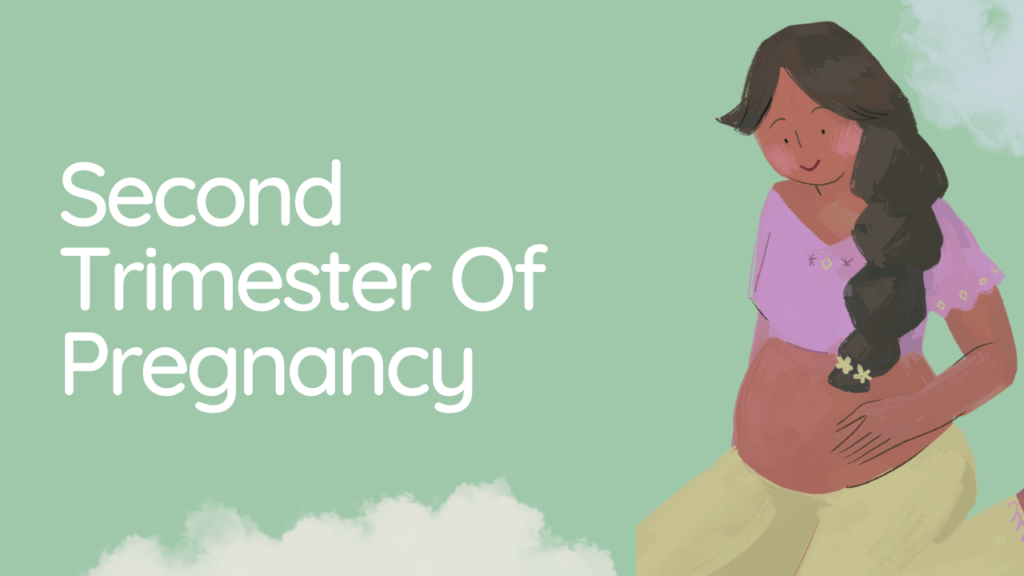

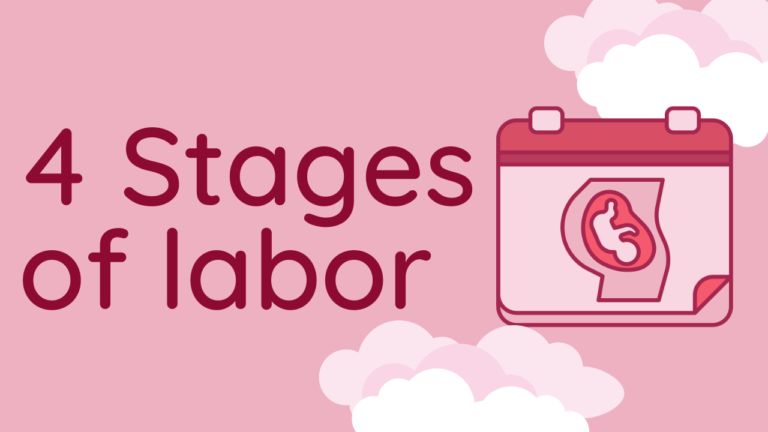

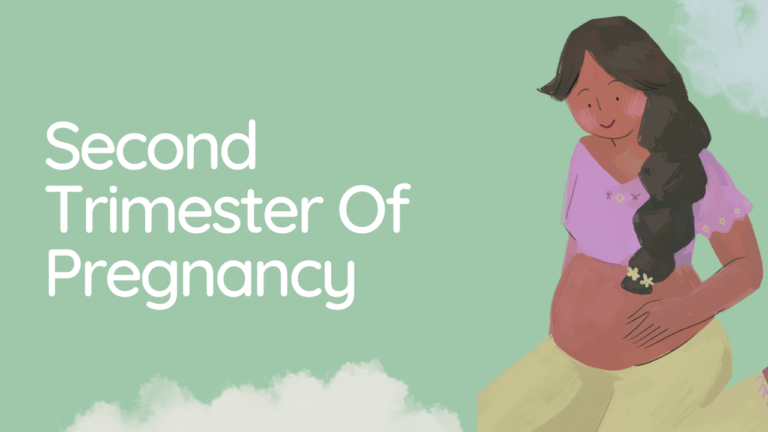

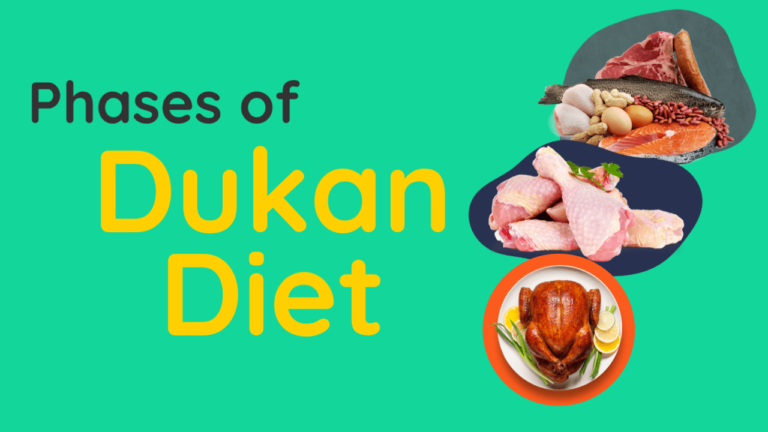
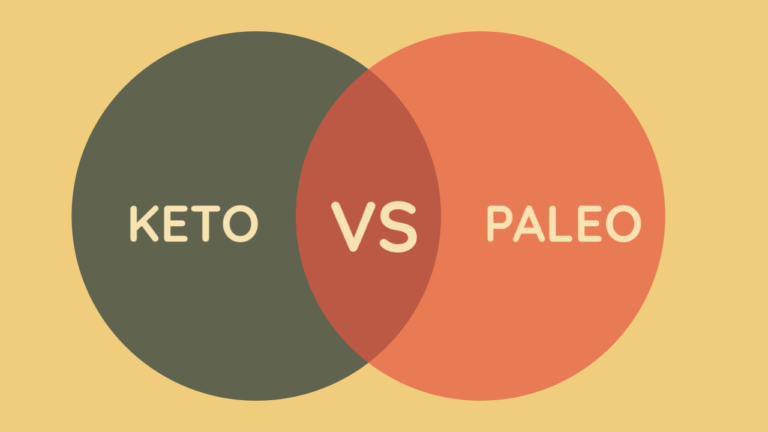
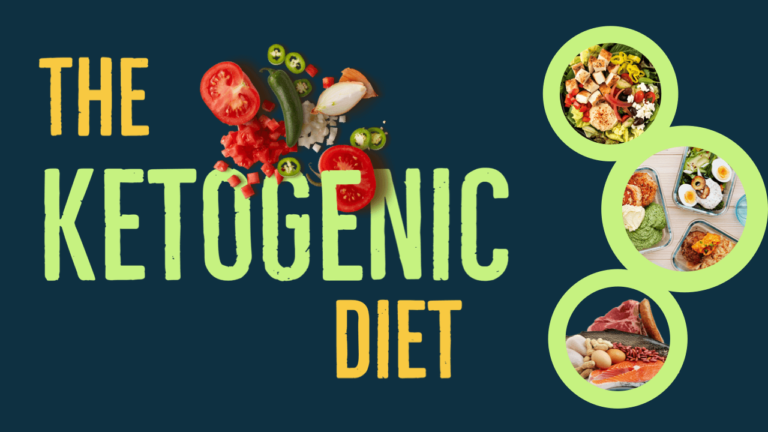
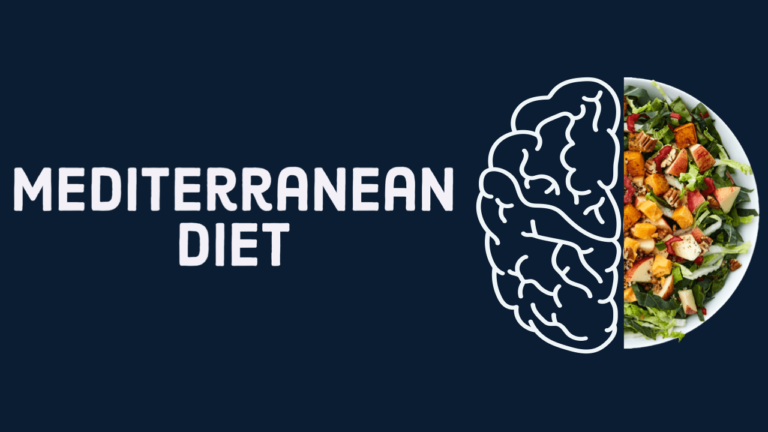


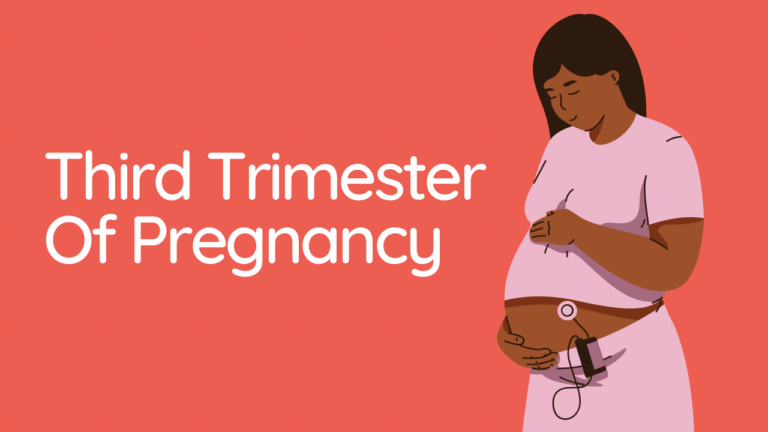
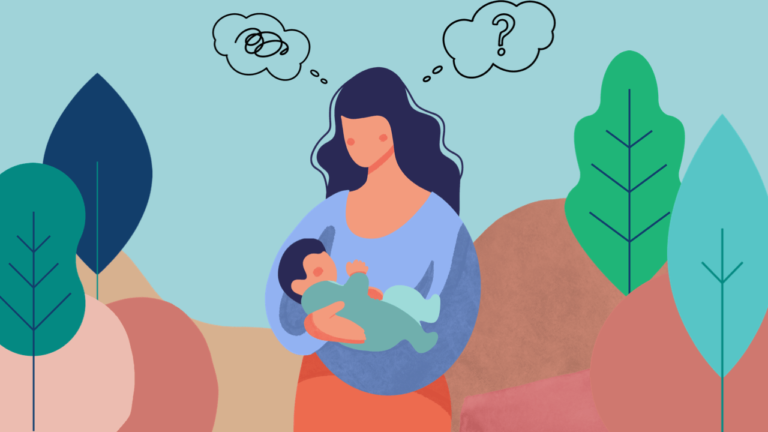

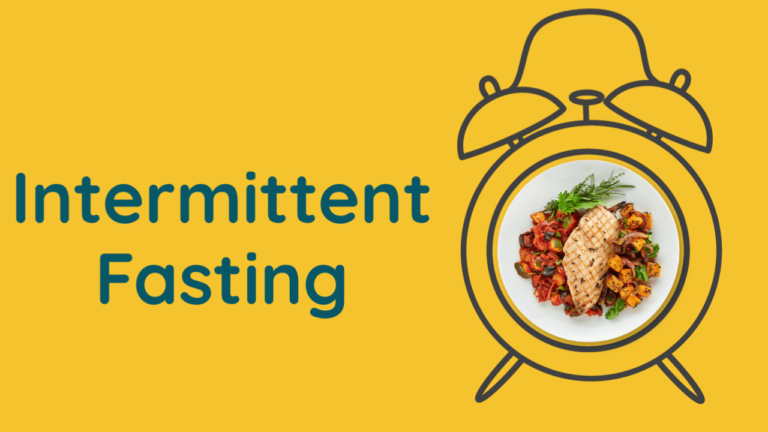
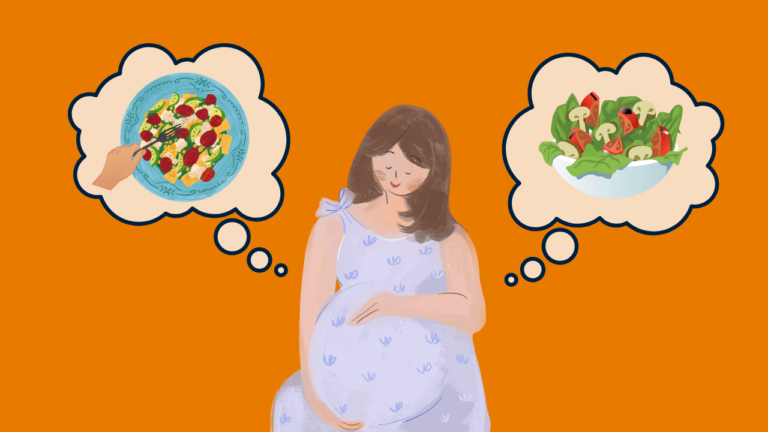


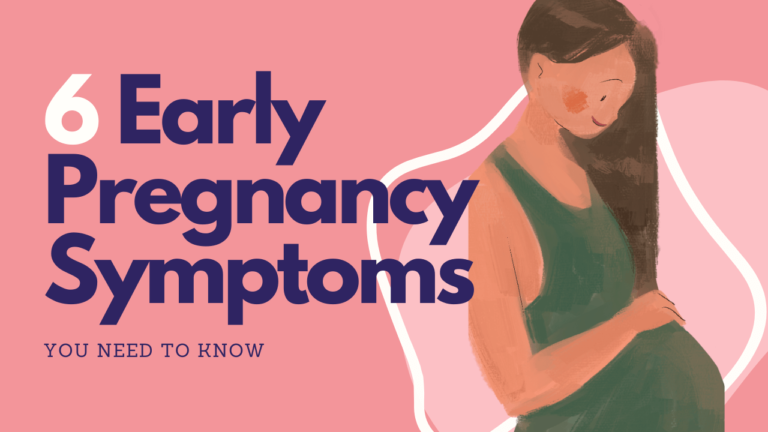




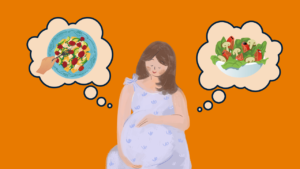
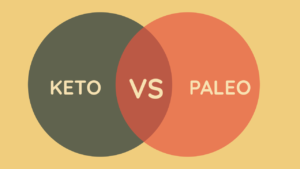


2 thoughts on “Pregnancy In 2nd Trimester 13-28 Weeks: All You Need To Know Before IT Starts”
Hi my loved one I wish to say that this post is amazing nice written and include approximately all vital infos Id like to peer more posts like this
Hey there You have done a fantastic job I will certainly digg it and personally recommend to my friends Im confident theyll be benefited from this site